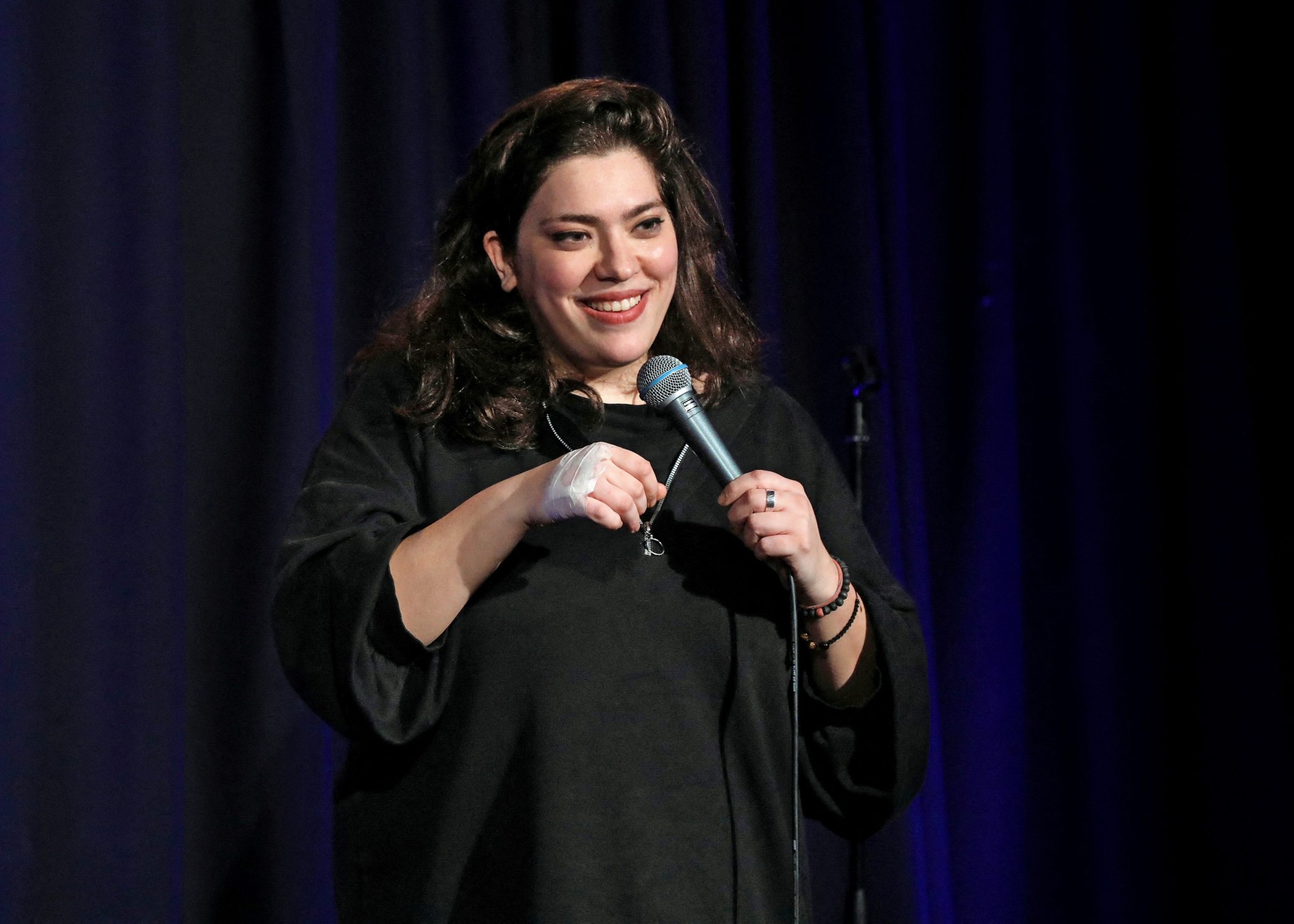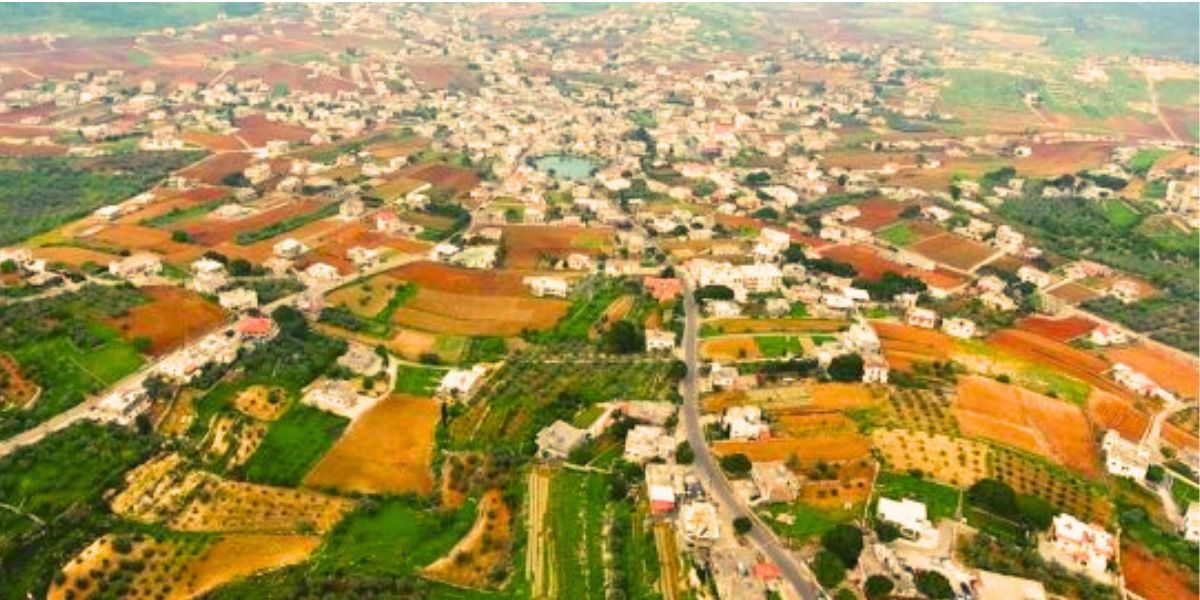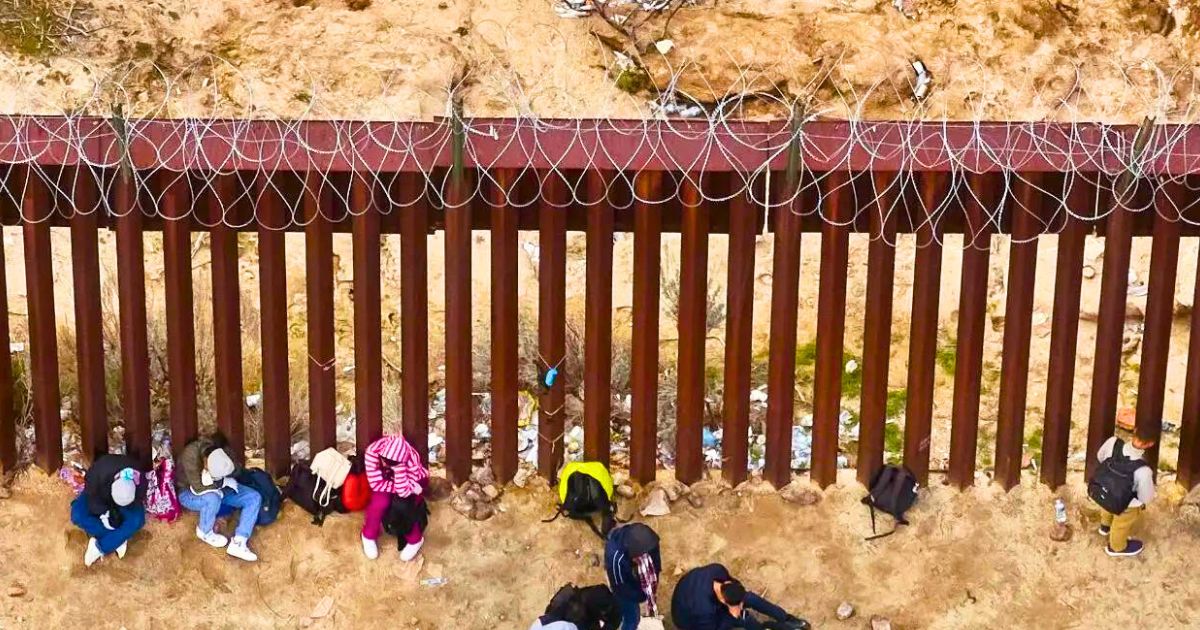Comedian Shaden Fakih again appears in the military court, on Friday, June 24, after she was summoned again for allegedly “insulting the General Directorate of the Security Forces.”
Shaden’s mother considered, in a post on social media, that her daughter was merely expressing a citizen’s message in a comic way in response to the Minister of Interior after the decision to declare a state of emergency due to the Coronavirus pandemic.
She said: “My daughter was criticizing in a comic way a decision approved by the Minister of Interior without setting up a mechanism and procedures to implement it easily and facilitate people’s lives.”
“Why did the military court not prosecute those accused of the port explosion to achieve justice instead of a civilian court before the military courts?” she questioned.

The video shared by Shaden, last year, was a sarcastic video in which she calls the security forces, asking for sanitary pads during the quarantine period last year.
The satirical video spread virally on social media after Shaden had shared it on her Instagram page.
Shaden received criticisms from people who considered that what she did was outside the framework of the moral rights of the satirical comedy, pointing out that “the military and security forces have limits in their behavior and behavior.”
On the other hand, many supported Shaden and rejected the trial of civilians in front of the military court, and expressed their stance against the security state’s violations of human rights and the right to freedom of expression.
Shaden is more than a stand-up comedian. She’s an influential activist that defies social taboos and an open criticizer of Hezbollah in particular and of the political class in general.
Shaden has been tapping into her talent to convey activism messages and boldly criticize the political system and its blunders, as well as corruption and social issues, including what relates to women’s rights, freedom of expression, and the LGBTQ+ community.
With over 76,000 followers on Instagram alone, her messages, whether direct or indirect, have had their influence in Lebanon and the region.

















